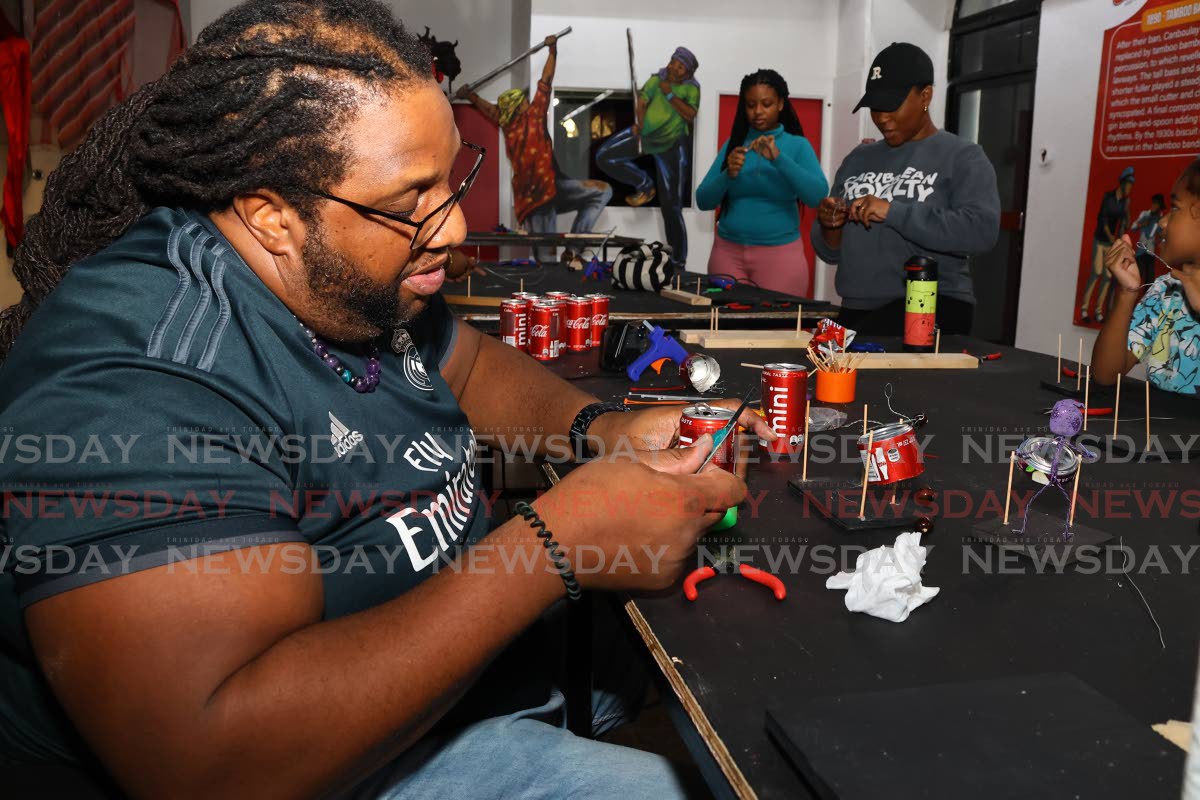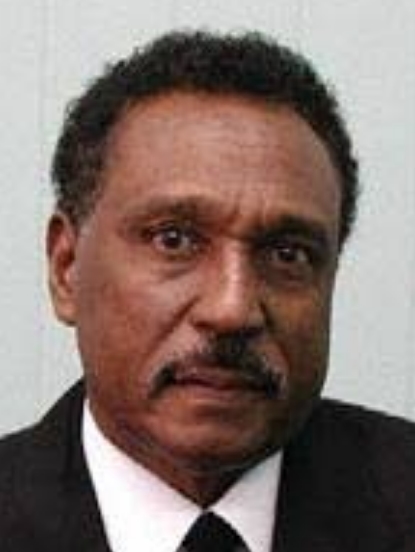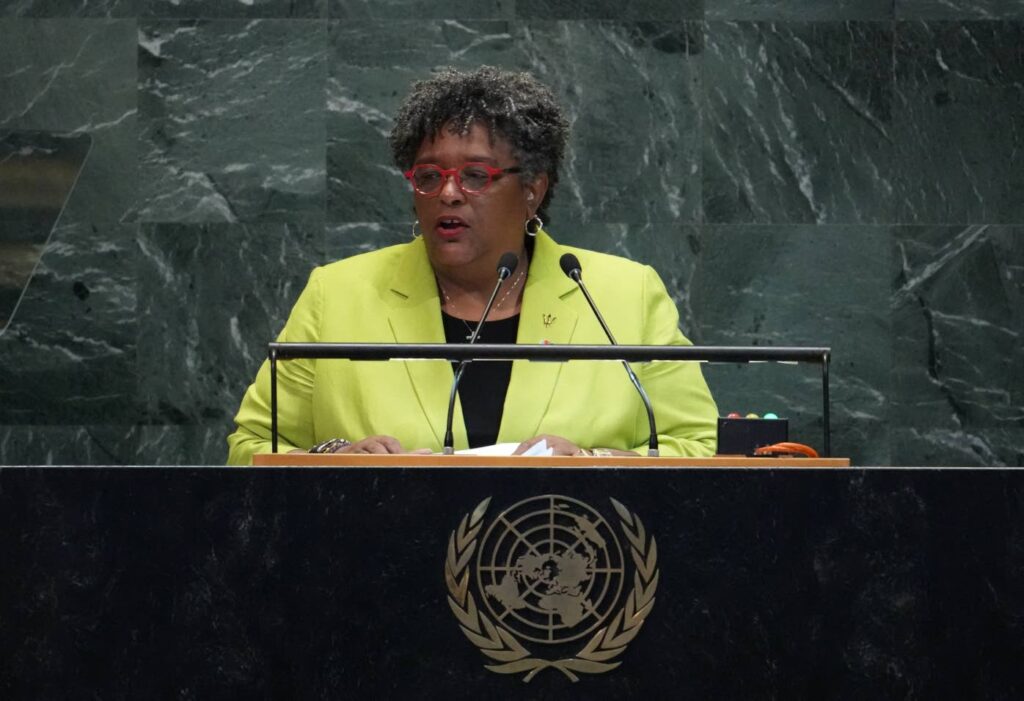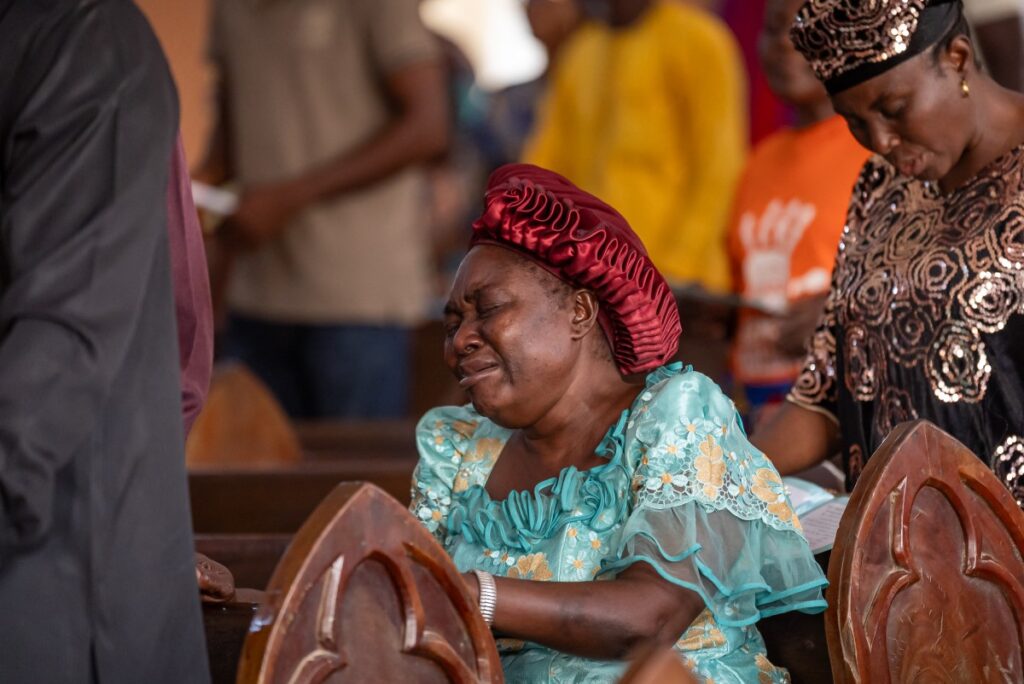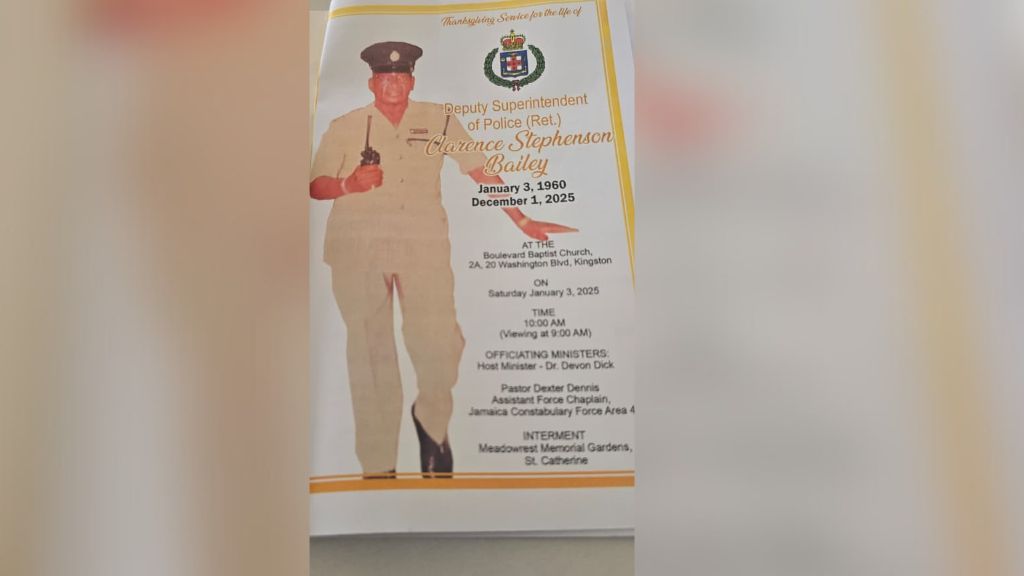In a poignant fusion of artistic excellence and social consciousness, the Jamaica Youth Chorale (JYC) reimagined its annual Christmas Joy concert as a powerful vehicle for communal healing. The December 21st performance at The University of the West Indies’ Philip Sherlock Centre for the Creative Arts transcended traditional holiday programming by dedicating a substantial segment to addressing the aftermath of Hurricane Melissa.
The production, structured in two distinct acts, masterfully balanced international Christmas classics with culturally significant local compositions. The evening commenced with Donald McCullough’s dynamic ‘Angels We Have Heard on High,’ immediately establishing the ensemble’s technical prowess. Act One maintained this celebratory atmosphere through Handel’s iconic ‘Hallelujah Chorus’ and Ivo Antognini’s technically demanding ‘The Trinity Service – Magnificat,’ which prompted Director Greg Simms to humorously caution latecomers about the piece’s complexity.
The emotional pivot occurred dramatically in Act Two as the chorale’s senior ensemble, Kingston 17, transformed the stage into a sanctuary of reflection. Dressed in symbolic white attire contrasting with their earlier formal black, the seventeen performers created a solemn atmosphere with dimmed lighting and spoken word reflections. This specially curated segment featured profoundly moving arrangements including Dr. Kathy Brown’s adaptations of ‘Endless Night/Shadowland’ from The Lion King and ‘Hold on to Your Dreams,’ alongside Nathan Carter’s ‘If I Can Help Somebody’ and Mark Hayes’ ‘You’ll Never Walk Alone,’ which elicited visible emotional responses from attendees.
Beyond the musical performance, JYC converted artistic expression into tangible support through a toy drive that collected over 50 gifts for children affected by the hurricane. These donations were formally presented to the UWI Mona Guild External Affairs Committee on December 22nd. Additionally, the evening’s proceeds benefited The Caring For Miracles Foundation, supporting their work with preterm infant care in Jamaica.
The concert ultimately concluded on a hopeful note with Simms’ vibrant arrangement of ‘Silent Night,’ symbolizing the resilience of communities facing adversity. As the chorale looks toward 2026, this performance stands as a testament to art’s capacity to foster healing and unity during challenging times.

